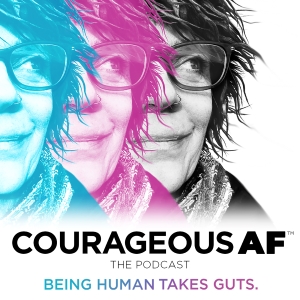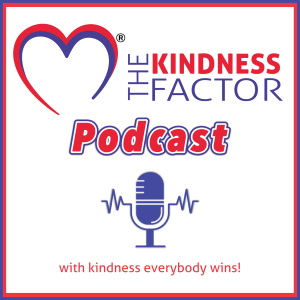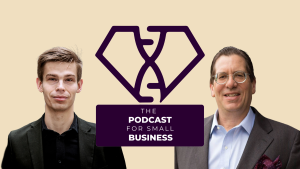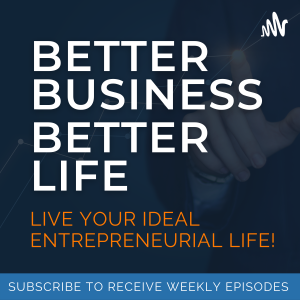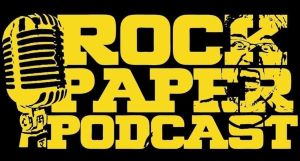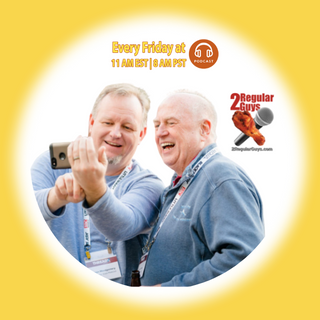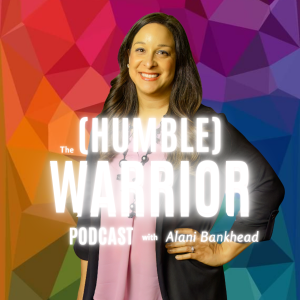Hosted by Aaron Montgomery
Listen at: https://www.2regularguys.com/
Show Description
The 2 Regular Guys podcast has evolved from Aaron and Terry hanging out in hotel bars and restaurants after trade shows, eating chicken wings, disagreeing over ranch or bleu cheese as the true and proper dipping sauce, and talking about our day and the industry. A long list of industry friends joined into those conversations over the years, in cities across America and the world. These same friends now come back to join us as guests to the program. The trade shows continue, the industry grows and matures, and the 2 Regular Guys continue those conversations, talking garment and product decorating (and on occasion beer and chicken wings) every Friday at 11:00 AM EST.
Terry Combs and Aaron Montgomery bring you this weekly internet podcast, with industry guests talking about apparel decoration, sublimation, heat transfer vinyl, vinyl cutting, embroidery, screen printing, direct to garment, and all sorts of topics in between. Terry and Aaron have traveled the world to industry trade shows been involved in nearly all forms of decoration and share their stories, tips and ideas from along the way. We also bring you industry guests, like Erich Campbell, Kristine Shreve, Dane Clement, Johnny Shell, Marci Kinter, Ford Bowers, Marcia Derryberry, Stacy Marshall, Rob Coleman, Richard Reilly, Jay Busselle, Greg Kitson, Jimmy Lamb and many others. Tune in for a great time with lots of great content.
Apply as a Guest

